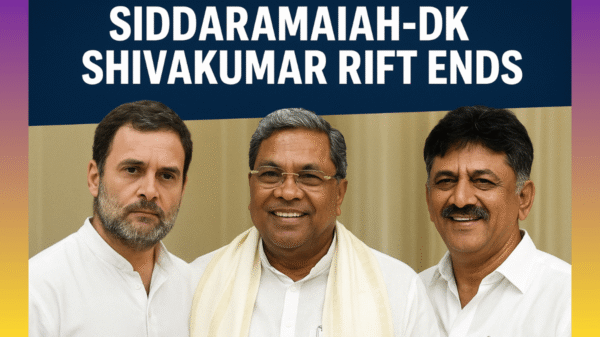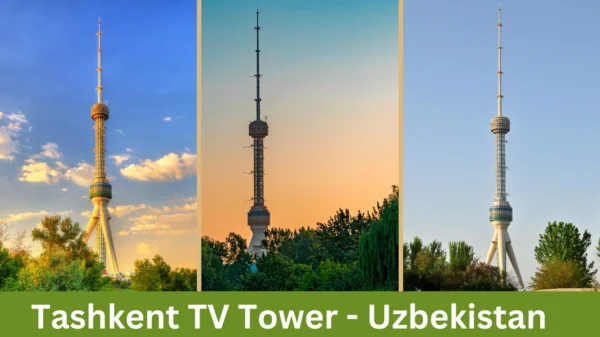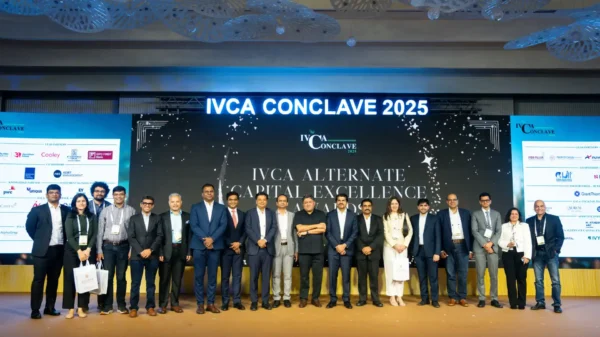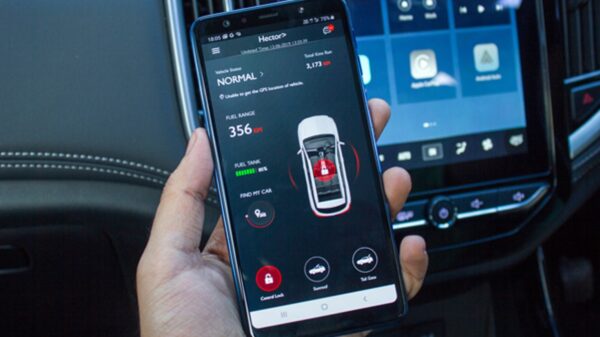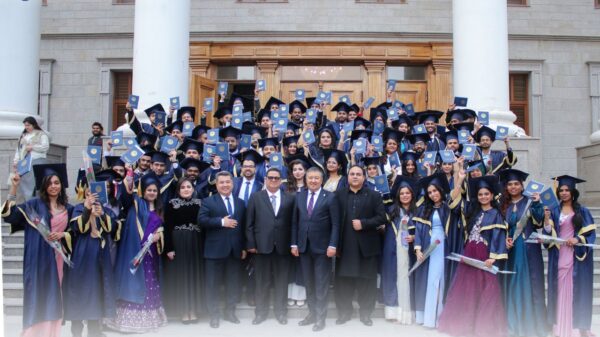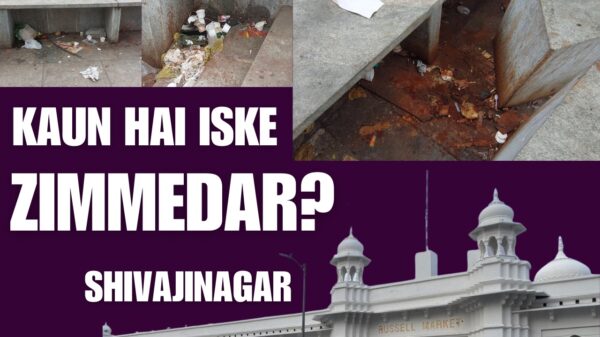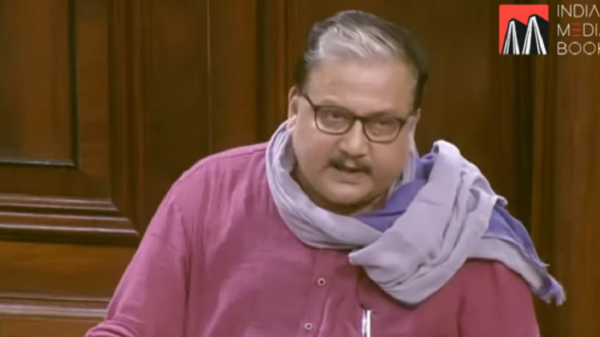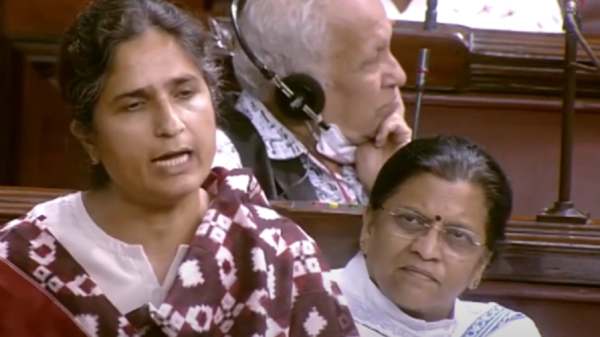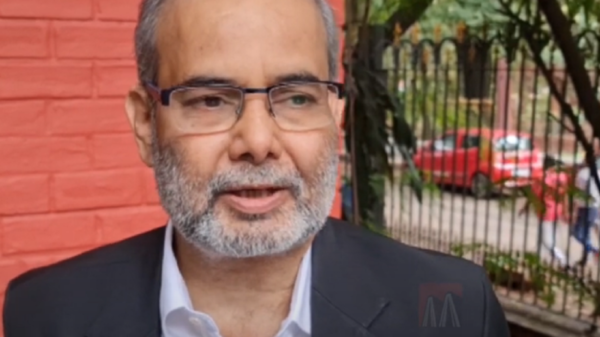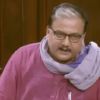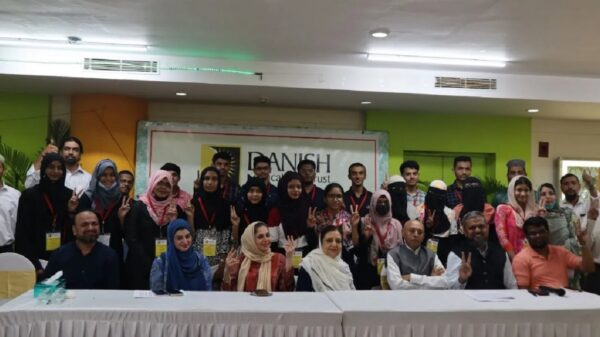The Congress government in Madhya Pradesh appears set to order an investigation into the alleged snooping of politicians, bureaucrats and other officials during the erstwhile Shivraj Singh Chauhan government.
Rajya Sabha MP Vivek Tankha has written to Chief Minister Kamal Nath, claiming that a probe ordered into the case by the Supreme Court, has been pending for four years.
The case came to light in 2014 after Prashant Pandey, a former IT consultant with the Madhya Pradesh Police, filed a plea in the Supreme Court alleging that a special branch of the state police had tapped phones of thousands of politicians, bureaucrats and specific people between 2009 and 2014.
The apex court issued notices to the state and Central governments as well as American company Spandan-IT pulse, which allegedly helped tap the phones and provided their call details to the police.
The court also ordered an investigation into the case, but four years on the probe is still pending.
“The phone tapping went on for four years in violation of the privacy norms and the Supreme Court order that the Home Secretary’s permission must be sought before tapping a phone. It’s a matter related to the state police and so the state government has the right to investigate it,” Tankha told IANS.
Pandey, who is also the whistleblower of the Vyapam recruitment scam, told IANS that the government stopped tapping the phones soon after he moved the Supreme Court.
“First, in violation of rules, the Madhya Pradesh Police shared mobile numbers and other important details of people with US-based firm Spandan-IT Pulse. On the basis of these details, Spandan-IT Pulse then developed an illegal online software and used it to tap the phone calls of these people and give details to the police,” he said.
BJP spokesman Deepwar Vijayvargiya said: “The Congress has been in power for six months now, but could not fulfill any of the promises it made. So it is trying to distract the public with these accusations. Investigate, if it is in public interest. The government must pay attention to public interest, but it is not doing so.”
(IANS)


